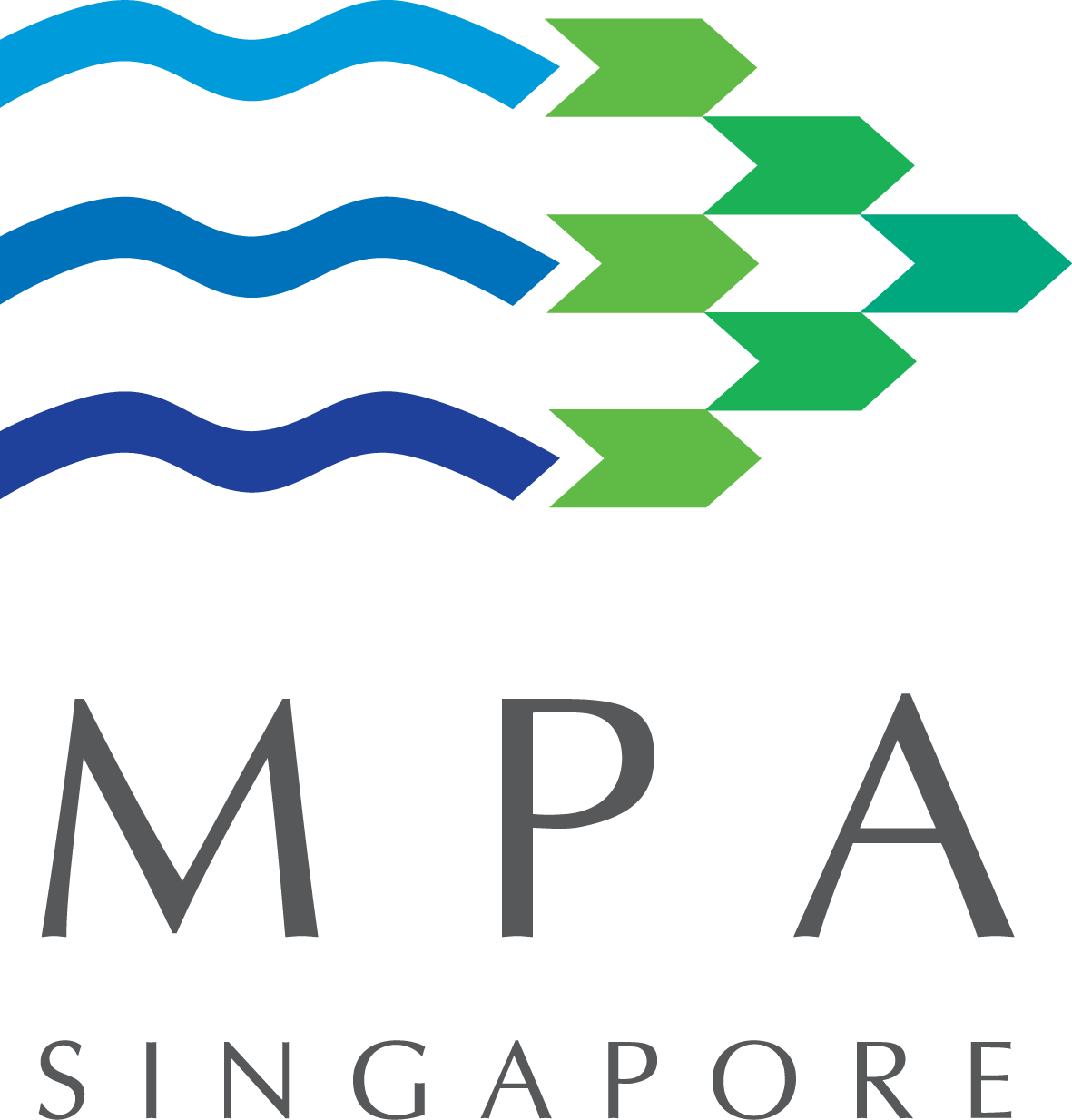Requirement for pilotage exemption for vessels engaged in marine projects, such as dredging dumping and reclamation port development, for various pilotage districts of the port.
Exemption may be granted subject to the following conditions:
Area A (For vessels of 2,000 GT or above but less than 10,000 GT)
- The vessel must be engaged in marine projects that require it to move frequently within Area A.
- The master of the vessel has successfully completed the Pilotage Exemption Course for Large Vessels (PELV).
- The vessel must be fitted with a VHF radio-telephone that is in good working condition and capable of communicating at all times on the required VHF channel(s). Prior to any movement, the vessel must call the appropriate control station by VHF radio-telephone on the designated channel as specified in the latest Port Marine Circular on VHF Reporting Procedures in Port.
- In the case of a sea-going vessel, the master of the vessel must have brought the vessel into and out of the area concerned on at least six occasions under pilotage within the 12 months immediately preceding the date of the application for the exemption. In the case of an application for the renewal of an exemption, the master must have brought the vessel into and out of the area concerned on at least four occasions in the thee months immediately preceding the date of the application for the renewal of the exemption;
- The master of the vessel must follow the route laid down under the conditions for pilotage exemption.
- The ship owner or agent will be required to apply for the issuance of the Pilotage Exemption Certificate for the master and the vessel.
Area B (For vessels of 5,000GT or above but less than 10,000 GT)
- The vessel must be engaged in marine projects that require it to move frequently within Area B.
- The master of the vessel has successfully completed the Pilotage Exemption Course for Large Vessels (PELV).
- The vessel must be fitted with a VHF radio-telephone that is in good working condition and capable of communicating at all times on the required VHF channel(s). Prior to any movement, the vessel must call the appropriate control station by VHF radio-telephone on the designated channel as specified in the latest Port Marine on VHF Reporting Procedures in Port.
- In the case of a sea-going vessel, the master of the vessel must have brought the vessel into and out of the area concerned on at least six occasions under pilotage within the 12 months immediately preceding the date of the application for the exemption. In the case of an application for the renewal of an exemption, the master must have brought the vessel into and out of the area concerned on at least four occasions in the three months immediately preceding the date of the application for the renewal of the exemption.
- The master of the vessel must follow the route laid down under the conditions for pilotage exemption.
- The ship owner or agent will be required to apply for the issuance of the Pilotage Exemption Certificate for the master and the vessel.
Area D (For vessels of 300 GT or above but less than 10,000 GT)
- The vessel must be engaged in marine projects that require it to move frequently within Area D.
- The master of the vessel has successfully completed the Pilotage Exemption Course for Large Vessels (PELV).
- The vessel must be fitted with a VHF radio-telephone that is in good working condition and capable of communicating at all times on the required VHF channel(s). Prior to any movement, the vessel must call the appropriate control station by VHF radio-telephone on the designated channel as specified in the latest Port Marine on VHF Reporting Procedures in the East Johor Strait.
- In the case of a sea-going vessel, the master of the vessel must have brought the vessel into and out of the area on at least 24 occasions under pilotage, within the 12 months immediately preceding the date of the application for the exemption. For subsequent renewals of the exemptions, the master should have entered and left the area on at least a total of four occasions within the three months immediately preceding the date of the application for the renewal of the exemption;
- The master of the vessel must follow the route laid down under the conditions for pilotage exemption.
- The ship owner or agent will be required to apply for the issuance of the Pilotage Exemption Certificate for the master and the vessel.
